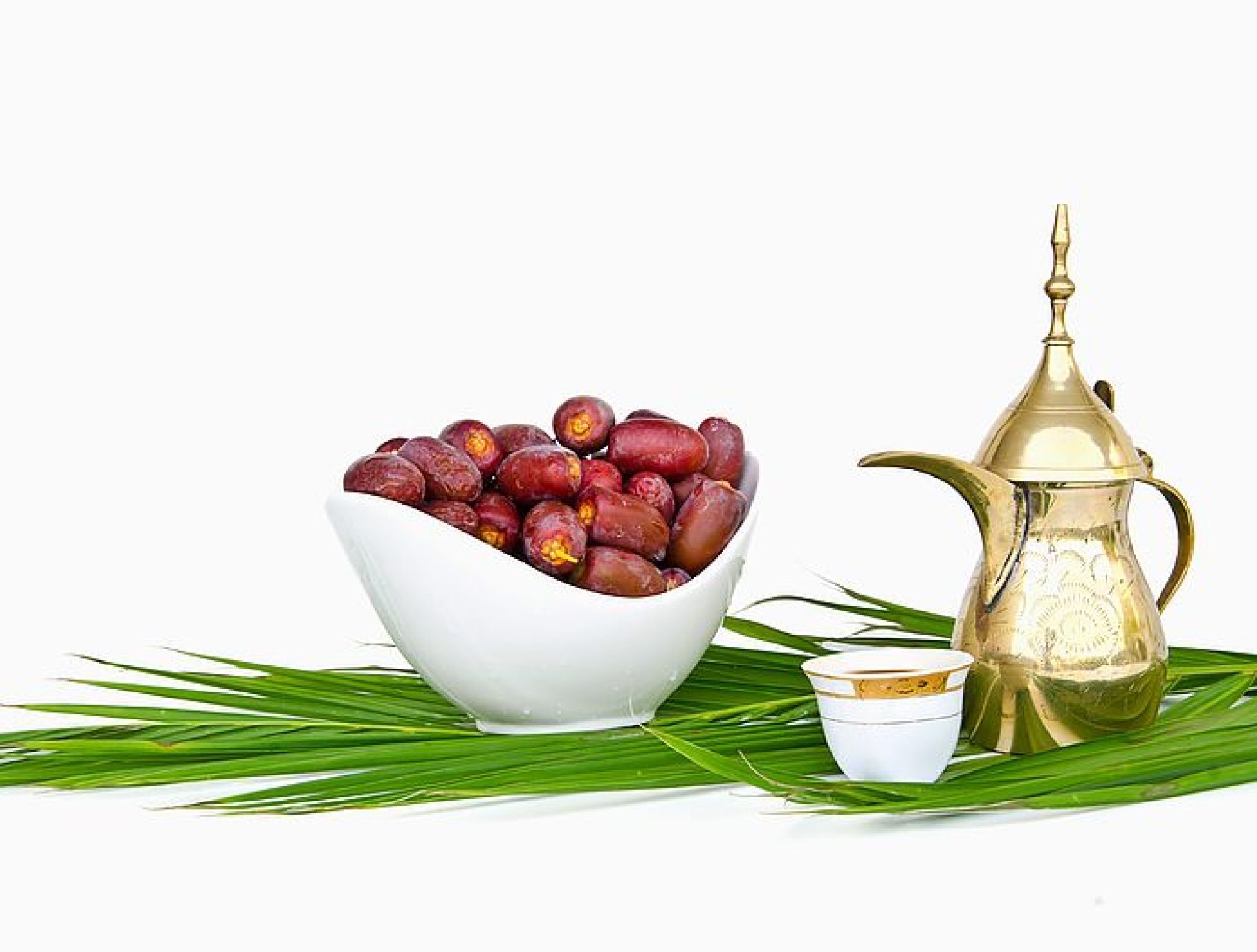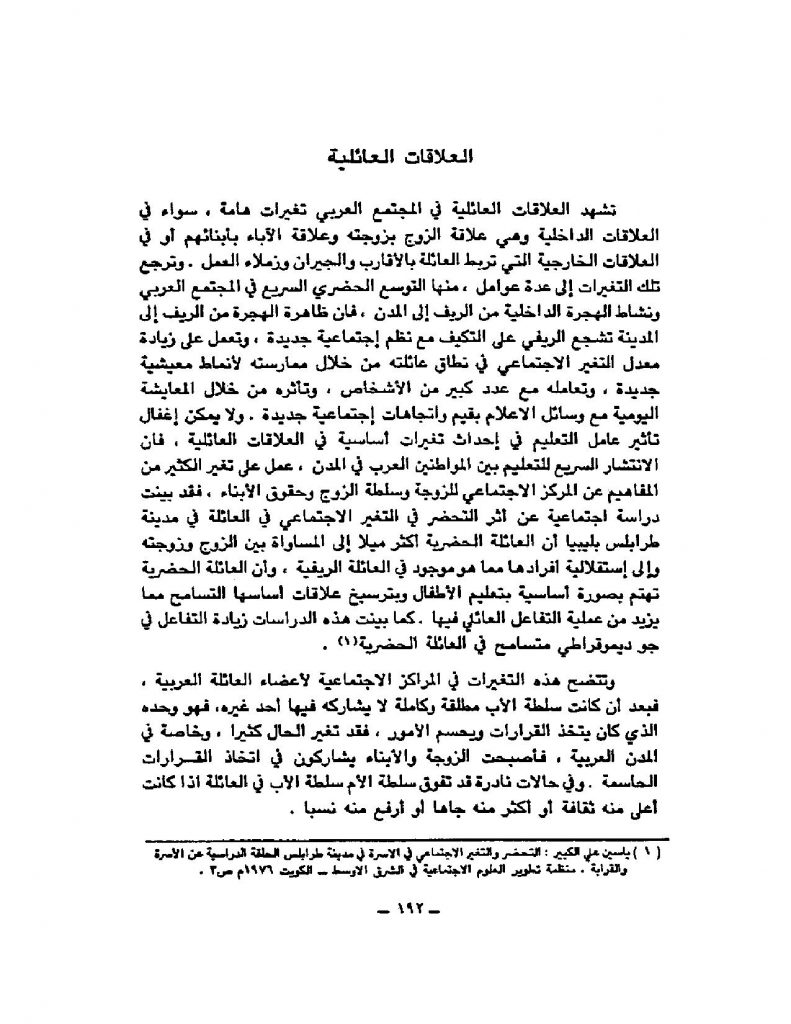
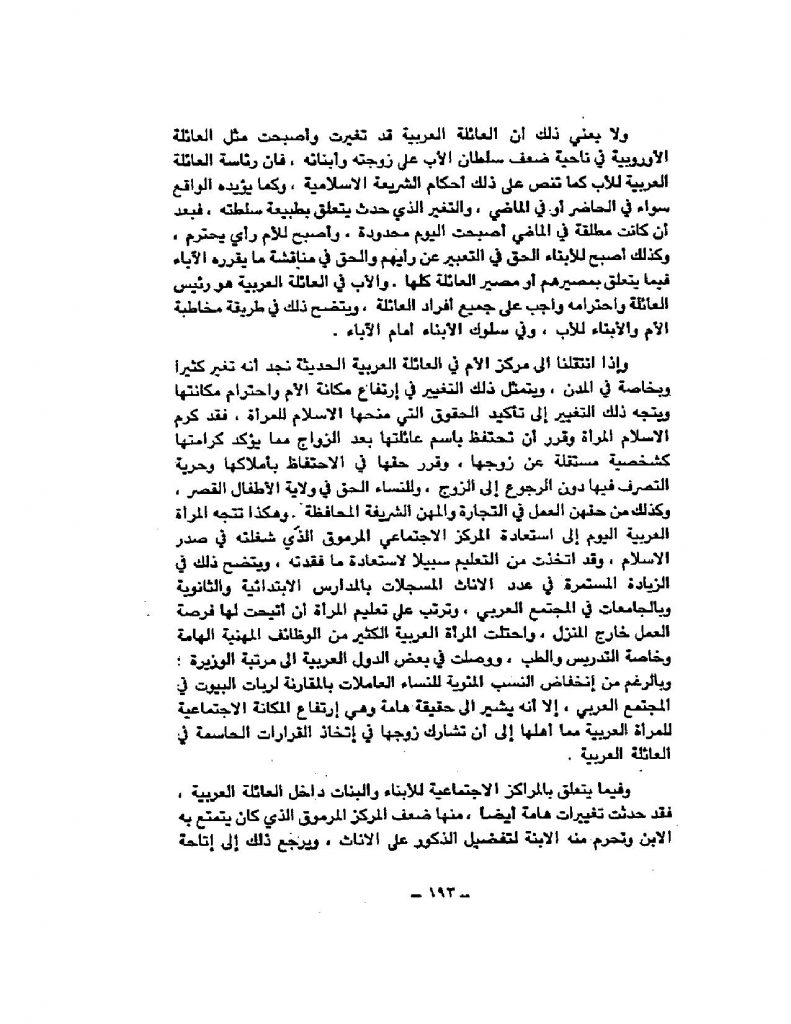
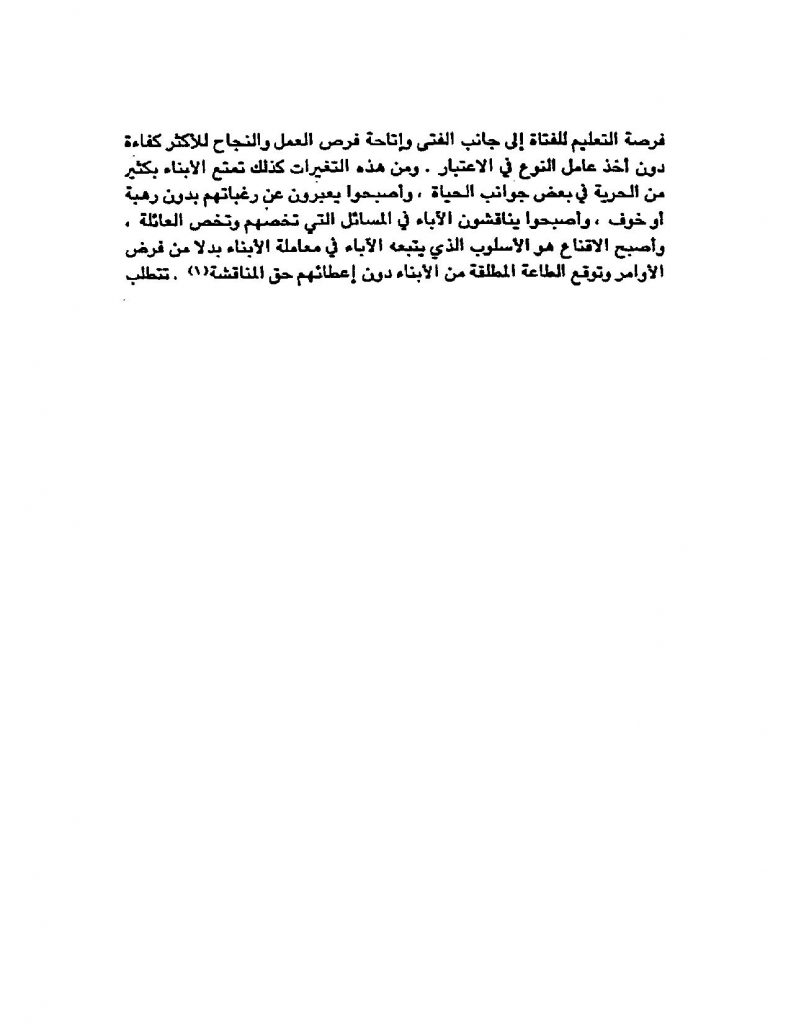
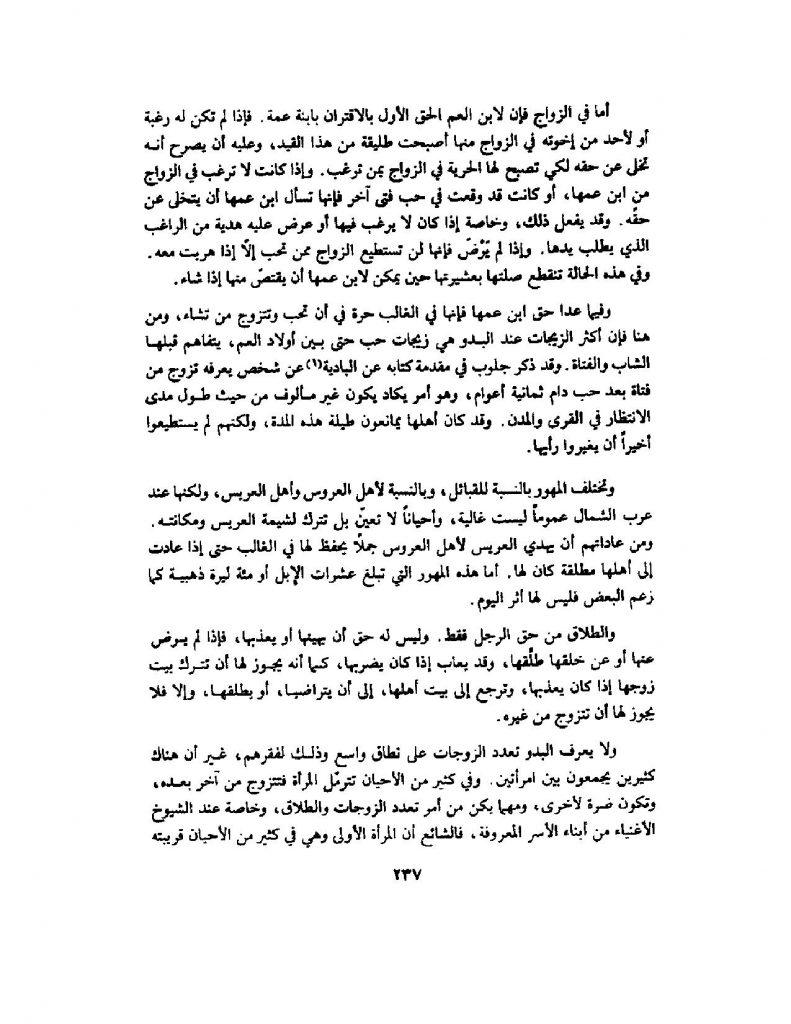
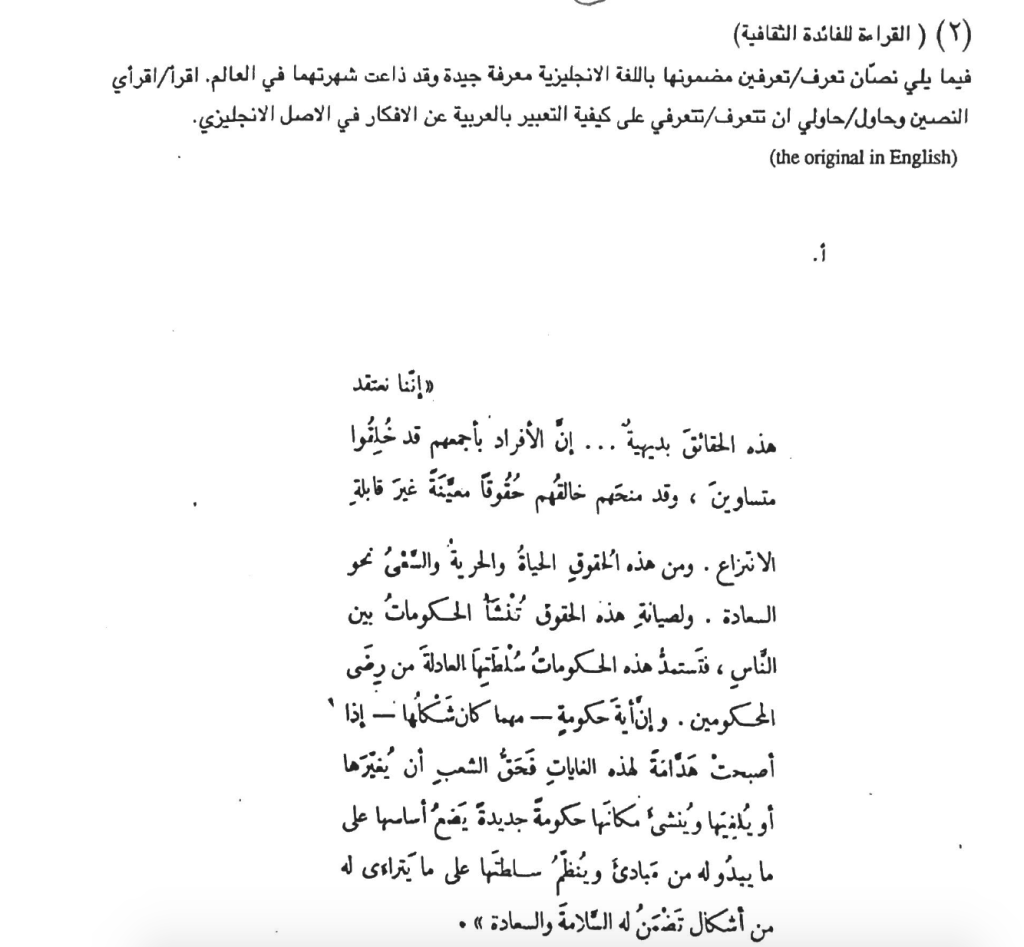
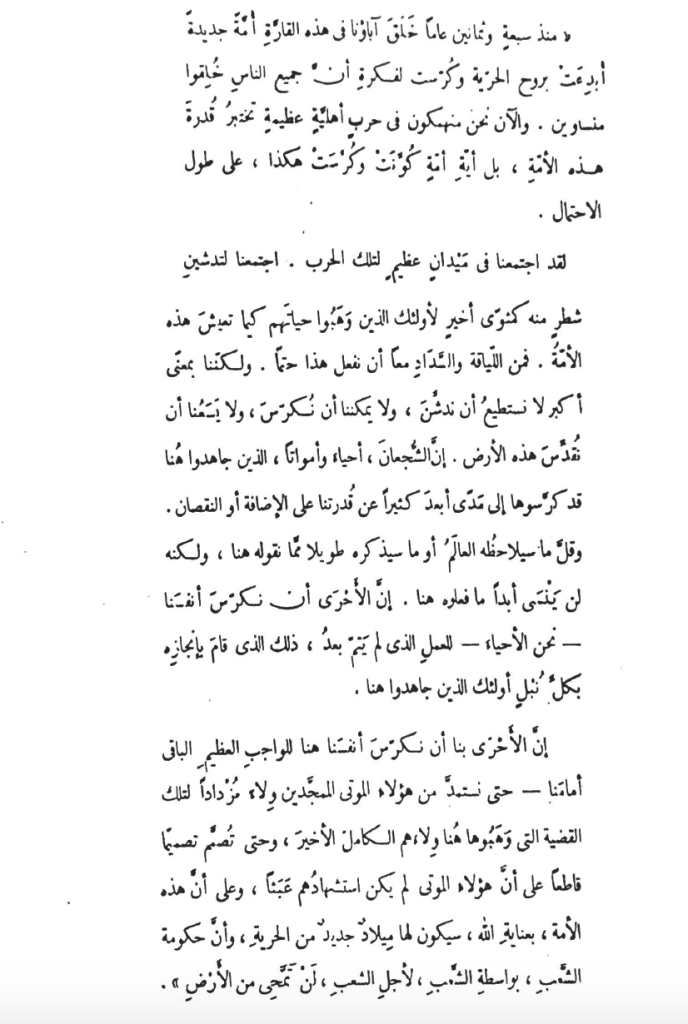
نساء قطر حققن المعادلة الصعبة
3:00 ص, الأربعاء, 28 مارس, 2012
بقلم : سوزان زيادة (سفيرة الولايات المتحدة الأمريكية في قطر) ..احتفل العالم باليوم العالمي للمرأة في 8 مارس .. في الولايات المتحدة، نحن نريد الاستمرار فى الاحتفال طوال شهر مارس، تكريماً لإسهامات النساء الكبيرة في مجتمعنا.. من هذا المنطلق، أودّ أن أُشيد بالمرأة القطرية كما أودّ أن أُثني على حضرة صاحب السمو الشيخ حمد بن خليفة آل ثاني أمير البلاد المفدى وصاحبة السمو الشيخة موزة بنت ناصر لمنحهما هذه الفرصة والنهوض بالمرأة في جميع أنحاء العالم، ووضع ذلك في أعلى أولويات رؤيتهما لمستقبل قطر .. إنهما يحدثان أثراً دائماً على المجتمع البشري عبر تمكين الشباب – الفتيان والفتيات – من خلال التعليم.
إنني أُثني على الحكومة القطرية لعملها الدؤوب من أجل سدّ الفجوة بين الجنسين ليس في التعليم فقط، وإنما أيضاً فى مجالات الحكومة والسياسة والأعمال والعلوم والتكنولوجيا وغير ذلك.
لقد أشارت وزيرة الخارجية الأمريكية هيلاري كلينتون إلى هذه الحقبة بأنها “عصر المشاركة” .. هذا هو الوقت الذي يستعدّ فيه كل فرد، بغضّ النظر عن الجنس أو غير ذلك من الصفات، ليكون عضواً مساهماً وذا قيمة لمجتمعه .. إننا نرى أمثلة لهذا في قطر في نواحٍ كثيرة .. على سبيل المثال، خلال اليوم الرياضي الأول لدولة قطر في فبراير الماضي، رأينا نساءً يُشاركن جنباً إلى جنب مع الرجال ويُساهمن في الملعب تماماً كما يفعلن في أماكن العمل .. في الواقع، عندما أحضرنا مدربة كرة القدم الأمريكية ساري روز لقطر باعتبارها مبعوثاً للرياضة، لاحظنا مستوى ملهماً من الالتزام بين النساء والفتيات القطريات فى مجال التدريب ولعب كرة القدم.
اليوم، في قطر والولايات المتحدة، وفى جميع أنحاء العالم، تُشكّل النساء المجتمع من خلال السياسة والأعمال والصحافة والتعليم، والعمل الإنساني، والعلوم، بالإضافة إلى كل ذلك، فإن النساء هنّ بطلات الحياة اليومية .. فهن اللائي يقمن بإعالة أسرهن في الوطن وتنشئة وتعليم الجيل القادم .. إن إتقان التوازن بين العمل والأسرة لأمر صعب، إلا أنني التقيت بنساء قطريات يقمن بهذه المهمة بنجاح كبير في كل مكان ذهبت إليه .. هناك قصص لا تُحصى لنساء قطريات عظيمات عبر الأجيال هنّ بمثابة عناوين وصاحبات أثر .. إن هذا العصر هو عصر الوعد والإمكانية للجميع.
تمكين المرأة هو حجر الزاوية في السياسة الخارجية الأمريكية .. والحقيقة البسيطة هي أنه لا يُوجد بلد يأمل في المضي قدماً إذا ما تمّ ترك نصف شعبه في الوراء .. إن النساء والفتيات يدفعن اقتصاداتنا، والشرق الأوسط هو مثال على تلك المناطق التي لها تاريخ غني بسيدات الأعمال الديناميكيات .. إن النساء يبنين السلام والازدهار، وأن الاستثمار في النساء يعني الاستثمار في التقدّم الاقتصادي العالمي والاستقرار السياسي، والمزيد من الرخاء في جميع أنحاء العالم.
في الختام .. نُحيّي النساء فى قطر وفى جميع أنحاء العالم اللائي يقمن بتوسيع وإعادة تعريف المعايير الاجتماعية .. كما نُحيّي أمهاتنا اللائي قدّمن لنا إطاراً أخلاقياً نستطيع من خلاله مواجهة الحياة بثقة ونعمة .. نحن نُحيّي أخواتنا العالمات والشاعرات وسيدات الأعمال، الصحفيات، المعلمات والرياضيات، كما نُحيّي بناتنا اللائي تخطّين في مجالات جديدة عليهن وللمرّة الأولى، مثل ندى محمد وفا السباحة القطرية ذات السبعة عشر عاماً، التي شاركت لأوّل مرّة في مسابقة السباحة في دورة الألعاب العربية عام 2011 .. نحن نقف وراء ندى ووراء جميع النساء اللائي يشرعن في أنشطة شخصية كبيرة في جميع المجالات .. في هذا الشهر، هذه السنة، ودائماً.
معاني الاضافة
You have seen countless instances of the اضافة construct in this book and elsewhere; it will be useful now to summarize the possible meanings an idafa might have: let’s see how many of them you know. As you know, the definiteness of the idafa construct is determined by the second term: if it is definite then the idafa is definite: مفتاحُ الغُرفةِ “the key of/to the room“, “the room key“. If the second term is indefinite, the idafa construct as a whole is indefinite: مفتاحُ غرفةٍ ‘the key to a room”, “a room key”. This raises the question: How do you say “a key to a room”? Here you must use the structure, يوماً من الايامِ ‘one day’.
.
The rules for constructing an idafa are very strict: the first noun المضاف cannot take the definite article or nunation/تنوين its case is variable, depending on its function in the sentence. The second noun المضافُ اليه can only be in the genitive case, roughly equivalent to “of” in English.
Word order of modifiers. Nothing can come between the two terms of the idafa: all modifiers must follow the second term. With one adjective modifier the features of agreement help to indicate which noun is being modified, as in
ما اسم سيارة المديرالجديد؟ ‘What is the name of the new director’s car/what’s the new name of the director’s car?’
ما اسم سيارة المدير الجديدة؟ ‘What is the name of the director’s new car?
If each term has an adjective modifier, then both are strung after the second term with the one modifying the second term coming first (and so forming a noun-adjective phrase with it) and the adjective modifying the first term comes last of all:
لجان الامم المتحدة الاقتصادية ‘the economic committees of the United Nations’
It is more common, however, to see such idafas broken down into two noun phrases joined by التابع لِ ‘belonging to’ or, most commonly, by لِ ‘of’:
اللجنة الاقتصادية لافريقيا التابعة للامم المتحدة ‘the Economic Committee for Africa of the United Nations’
Let us look now at the basic meanings of the idafa and then at variations in the construction and where it occurs.
The basic meaning of the idafa is a genitive relationship, a modifying relationship where one noun–the second term –modifies another noun–the first term of the idafa. . The genitive relationship is realized in the following ways:
1. possession: the second term possesses the first term, as in اخو زيدٍ ‘Zaid’s brother, the brother of Zaid’; this structure is equal to الاخ لِزيدٍ ”the brother of Zaid”, where لِ = ”belonging to’. “Zaid’s” modifies “brother”: it tells whose brother is being talked about. Other examples: اسمُ الاستاذِ ‘the professor’s name’; صديق الزائرِ ‘the visitor’s friend’.
2. naming:
مدينةُ الكويتِ ‘the city of Kuwait, Kuwait City’= المدينةُ واسمُها الكويت ‘the city-its name is Kuwait’
جامعةُ القاهرةِ ‘the University of Cairo, Cairo University’,
جريدة النهار البيروتية ‘the Beirut newspaper An-Nahar’.
3. container and contents: فنجانُ قهوةٍ ‘a cup of coffee’ = فنجانٌ من القهوةِ; علبةُ بقلاوةٍ ‘a box of baklava’, إبْريقُ الماءِ ‘the pitcher of water’
4. limitation: فنجان قهوةٍ ‘a coffee cup’, as in فنجانُ قهوةٍ من السكَّرِ ‘a coffee cupful of sugar’; طبيبُ اطفالٍ ‘pediatrician’ (“doctor of children”), ساعةُ امرأةٍ ‘a lady’s watch’.
5. specification of the meaning of the governing terms, such as:
(i) object and material:
قلمُ رصاصٍ وقلمُ حِبرٍ ‘a pencil (“reed pen of lead”) and a pen (“reed pen of ink”)
’, ساعةُ ذهبٍ ‘a watch of gold, a gold watch’ = ساعةٌ مصنوعةٌ منَ الذهبِ ‘a watch made of gold’.
(ii) a genus:
شجرة برتقال ‘an orange tree’
مرض اللأيدز ‘AIDS’
(iv) time, place, measure
صلاة الفجر ‘dawn prayer’
يوم العرس ‘the wedding day’
ميناء يافا ‘the port of Jaffa’
كيلو السكّر ‘the kilo of sugar (is for a dollar)’; اشتريت كيلو سكّر ‘I bought a kilo of sugar’
6. apposition: بسبب الرابطة الوثيقة بين افراد العائلة’because of the close tie among the members of
the family, السبب = الرابطة;
بمناسبة عطلة المدارس
‘on the occasion of the school holiday’ where مناسبة = عطلة.
7. special Cases. While the general relationship between the two terms of an idafa is genitive “of”, in many cases a different preposition best suits the interpretation, depending on the context, as in the following:
(i) ل ‘for’:
مشروعُ بناءِ البيوتِ للفقراءِ ‘the project of building …’, but also = مشروعٌ لِبناءِ بيوتٍ للفقراءِ ‘a project for the building of housing for the poor’
(ii) من اجلِ ‘for the sake, for’:
حركةُ التحرير ‘the liberation movement’ but also = الحركةُ من اجلِ التحرير ‘the movement for liberation and emancipation’
(iii) الى ‘to’:
في سبيل تحقيق هذه الاغراض ‘on the way of realizing these goals’ but also = في السبيل الى تحقيق هذه الاغراض on the way to realize these goals,
(iv)لِكَيْ ‘in order to’:
فرصةً رؤيتها ‘the chance of seeing her’, but also= فرصةً لرؤيتها ‘an opportunity in order to see her’
Specific terms as nouns that serve as مضاف and express the idea of possession:
These include the words:
- صاحب – أصحاب ‘friend, companion’ frequently are used in the meaning of ‘owner, possessor’ as in:
حدثنا عن صاحب العمل هنا وعن أصحاب النفوذ في هذا البلد.
Tell us about the employer here and about the influential people in this country.
- أهل ‘people, family’ used as members, inhabitants, possessors’
اهل الجنّة ليسوا أهل الثراء ولا أهل المدن فقط.
The inhabitants of paradise are not the wealthy and are not the city dwellers only.
- ابن- أبناء ‘son – sons/children’ carries the meaning of ‘someone from, people of’
كلّ واحد من ابناء جيلنا كان ابن طائفة دينية.
Everyone of our generation was a follower of a religious sect.
- ذو ‘owner, possessor’ (see Lesson 8 Lexical Note 1)
Words which most commonly occur as مضاف في اضافة
كلٌّ ، بعضٌ، جميعٌ، اجمعُ، كِلا/كِلتا، مُعْظَمٌ، مِثل، منذُ , for which see the lexical notes in lessons 4 , 9, and 10.
Other Idafa phrases.
We have discussed the cases where the مضاف in anidafa phrase is one of the following: an active participle اسم فاعل with the مضاف اليه functioning as the object (see Lesson 12, Grammar Note 1),
- a passive participle اسم المفعول (see Lesson 5 Grammar note 3),
- a verbal noun with the مضاف اليه serving as object, or as subject , (see Lesson 3 Grammar note 2 and lesson and Lesson 13, Grammar Note 1), or
- an adjectival in an اضافة غير حقيقية , (for which see, Lesson 7 Grammar Note 1), respectively.
To these we need to add the case where the مضاف in anidafa phrase is an elative أفْعَل التَفْضيل, which is the most common way to express the superlative in Arabic. Here المضاف اليه can be an indefinite singular noun as in: اصعبُ مشكلةٍ ‘the most difficult problem’. With a definite plural مضاف اليه the elative may have a partitive relationship with the second term, as in اصعبُ الامورِ ‘the most difficult of the matters’–one or more–, or relate to the totality ‘the most difficult matters’. The elative as a first term is almost always masculine singular.
Here are some further comments on this construction:
- المضاف اليه following the elative can itself be a noun phrase, an اضافة, or a relative clause with an indefinite pronoun ما او مَن (see lesson 2 Grammar Note 3):
هذه من أجمل مدن سوريا القديمة
This is one of the most beautiful old Syrian cities I visited.
هذا المنظر اجمل ما شاهدت في حياتي.
This scene is the most beautiful of what I have seen in my life.
- two or more coordinate elatives may refer to the same مضاف اليه . Here it is common though not required to have the second elative follow the first اضافة , with a pronoun referring to the مضاف اليه attached to it:
هذه الطريق أقصر وأسهل الطرق الى المتحف= هذه الطريق أقصر الطرق الى المتحف وأسهلها.
This road is the shortest and easiest road to the museum.
Cf. this situation with that of a regular اضافة as in:
تشجيعُ وتيسيرُ التعليمِ ‘the promotion and facilitation of education’, where the strict application of the rule may require that the second alternative be used: تشجيع التعليم وتيسيره
- the elative is often followed by تمييز ( accusative of specification) which restricts and specifies its meaning:
ابنتي هي اكبر اولادي سنّاً واشدّهم تمسّكا بأهلها واكثرهم تفهّما بالاوضاع.
My daughter is the oldest of my children in age, the most attached to her family, and the most understanding of the situation
- (iv elatives in a few cases agree with the مضاف اليه in gender (only a very few such elatives are in common use):
بذلت صُغْرى (أصغر) أخواتي قُصْوى (أقصى) العناية بامّها في كبرى (اكبر) مدن امريكا
The youngest of my sisters has expanded the utmostt care of her mother in the largest cities of the US.
- as will be observed from these and other examples you have run across such elative constructions are used attributively, predicatively, as subjects, objects, etc., and following مٍن البيانية (see Lesson 3 Grammar Note 5).
. حرف اللام ‘The particle اللام ‘
This particle has different functions and a wide variety of meanings:
1. As a preposition, it has several meanings:
a. possession, ‘belonging to, to have’
لي ولدان وبنت I have two boys and a girl.
للمجتمع العربي عادات وتقاليد مختلفة Arab society has various customs and traditions.
It introduces the possessor after an indefinite noun:
سكنوا في بيتٍ لعمّهِم. They lived in a house of their uncle.
تعرّفت على ابن له يدرس في امريكا I got to know a son of his who is studying in America.
في مقالةٍ لي in an article of mine
b. for, cause, reason, purpose, and may be followed by:
(i) a noun
لسبب ما for some reason
دواء للصداع a medicine for a headache
(ii) a verbal noun
حضر لإلقاء محاضرة He came to give a lecture.
وتُتبع خُطُواتٍ تمهيدية معيّنة لتبادل الزيارات بين اسرتي الشاب والفتاة لطلب يد الفتاة وللاتفاق على المَهْرِ
Certain preparatory steps are taken to exchange visits between the boy’s and the girl’s families in order to ask for the girl’s hand and to agree on the dowry.’
(iii) the nominalizers أنْ / أنّ
رجع ال بيته لأنّ المحاضرة أ ُلْغِيت He returned home because the lecture was canceled.
لا حاجة لأن تزوروهم There is no need for your to visit them.
(iv) the demonstratives هذا ، ذلك، ذا at the head of sentences to indicate reason for what came before:
سمعت أنّه سيعود. لذا فإنّي سأترك المكان مسرعاً .ً I heard he was coming soon. Therefore, I will be leaving in a hurry.
c. with expressions of time to indicate when and how long, and with locations to express direction:
انا هنا لمدّة سنتين/ لاولِ مرة/ للمرة الاولى. I am here for (a period of) two years/for the first time’.
ساعود للمكتب واتحدّث معه وجها ً لوجه. I will return to the office to talk to him face to face.
d. action or movement towards
فتحتُ الباب فابتسمت لي ولا اعرف ما حدث لها بعد ذلك I opened the door, so they smiled at me, but I do not know what happened to her then.
e. with object of a verbal noun when the subject is expressed or when the verbal noun is desired to be indefinite
اعجبه احترامهم لوالديهم. Their respect to their parents pleased him.
بعد فتح العرب الاندلس= بعد فتح العرب للاندلس after the Arabs’ conquering Andalusia = after the Arabs’ conquering of Andalusia
جرى فسخٌ للخِطبةِ =جرى فسخُ الخِطبةِ= A breaking of the engagement took place
f. as an alternative to an إضافة when the مضاف is wanted or required to be indefinite
استاذ للغة العربيّة هو = هو استاذ اللغة العربية
g. as an alternative to an إضافة when the first and second term are both modified by definite adjectives:
حقوق العرب الامريكيين السياسية = الحقوق السياسية للعرب الامريكيين The political rights of Arab Americans.
h. with indirect objects of doubly transitive verbs:
أعطوها للففقراء والمحتاجين. They gave it to the poor and needy,
i. as an indication of authorship , composition, and art and music production etc.:
هذا كتابٌ لِتوفيق الحكيم وهذه قطعة موسيقيّة لموتسارت. This is a book by Tawfiq Hakim and this is a musical piece by Mozart.
j. having the right:
لك أن تفعل ما تريد You have the right to do what you want.
هل لها ان تطالب باكثرَ من ذلك؟ Does she have the right to ask for more?
k. as exclamatory particle:
يا لـَلأسف What a pity!
يا لها من امرأة! What a woman!
l. in some idioms and expressions:
لِوحدِه ‘alone’
لتوّها ‘she has just …, immediately’
للاسف ‘regretfully, too bad’
لحسن/لسوء الحـَظّ ‘fortunately, unfortunately’
2. As a conjunction, followed by a verb in the subjunctive
a. directly or with subordinators like لكي ، لكيما, to indicate ‘in order to/that’
ذهبوا الى واشنطن ليقوموا بواجبهم ويُنهوا العمليّة. They went to … to do their duty and complete the operation.
b. to indicate the result of an action:
عدنا الى البيت لنجده خرابا ً. We returned home to find it in ruins.
c.after كان in the negative to mean ‘was not going to, would not’
ما كنتُ لأطلبَ منك ذلك I was not going to ask this of you.
لم يكن ليخطرَ على بالي It would not have occurred to me.
In these last two examples, the ل is referred to in Arabic grammars as لام الجُحود ‘ the laam of denial’.
3. As a particle to denote emphasis. This occurs (i) preceding the predicate of إنّ , (ii) preceding the conditional particle إنْ , (iii) before the resulting clause of the لو clause, and finally (iv) with words as in لقد ، لكم ، لسوف ، لطالما :
إنّها لمسألة صعبة تستحقّ الاهتمام It is indeed a difficult matter that deserves attention.
ولئن فعلوا ذلك ضاعت فرصة النجاح If they do that at all, the opportunity for success would be lost.
لو لم يتركوا بلادهم لما أصابهم سوء Had they not left their country, no harm would have befallen them.
لطالما انتظرت وانتظرت بلا جدوى. How long I waited and waited, to no avail!
3. Preposition لِ ‘for’
a. “for, for the benefit of”: سأغني لكم أغنية فرنسية‘I will sing a French song for you.’
لمن هدا الكتاب؟ ‘Whose book is this?’
Cause “for, for reason of, because of”: لاسباب تتصل بأخلاقه او مكانته الاجتماعية او سنه او علمه ‘for reasons that have to do with his morals, social status, age or education’
Possession–“belonging to; to have”:للمجتمع العربي عادات وتقاليد مختلفة ‘Arab society has various customs and traditions’; ولي ولدان وبنت ‘I have two boys and a girl.’
لِ introduces the possessor after an indefinite noun:
سكنوا في بيتٍ لعمهِم ‘They lived in a house of their uncle’s.’
لِ-phrases correspond to English possessive pronouns”
في مقالةٍ لي ‘in an article of mine’
Credit:لِ means ‘to the credit of’ as opposed to على ‘to the debit of’:
هذا لك وهذا عليك ‘You owe for this one and that one is yours.’
Purpose “for, in order to, to”: وتتبع خُطُواتٍ تمهيدية معيّنة لتبادل الزيارات بين اسرتي الشاب والفتاة لطلب يد الفتاة والاتفاق على المَهْرِ ‘And they take certain preparatory steps to exchange visits between the boy’s and the girl’s families in order to ask for the girl’s hand and to agree on the dowry.’
Indirect object:
عملت لَكَ لحماَ مشوياَ ‘I made some shish kebab for you.’
Time occurrences ‘for;لِمُدة! extent: ‘for the period of, for’:
لاولِ مرة، للمرة الاولى ‘for the first time’; لمدة سنتين ‘for (a period of) two years’
Authorship “(written) by”:
هذا كتابٌ لِتوفيق الحكيم ‘This is a book by Tawfiq Hakim.’
Periphrastic use of لِ . The second accusative indirect object after a verbal noun (see Lesson 2, Grammar note B) may be replaced by a لِ-prepositional phrase, where ل has the value of “of”:
with first term and second term both modified by definite adjwcticws:
مجلس الامم المتحدة العام = المجلس العام للامم المتحدة
حقوق العرب الامريكيين السياسية = الحقوق السياسية للعرب الامريكيين
This periphrastic construction is also used with the object of a verbal noun with a subject and object:
بعد فتح العرب الاندلس ‘after the Arabs’ conquering Andalusia’ = بعد فتح العرب للاندلس ‘after the Arabs’ conquering of Andalusia’
If the first term of the idafa is desired to be indefinite the second term can by put into this لِ construction:
فسخٌ للخِطبةِ ‘a breaking of the engagement’
